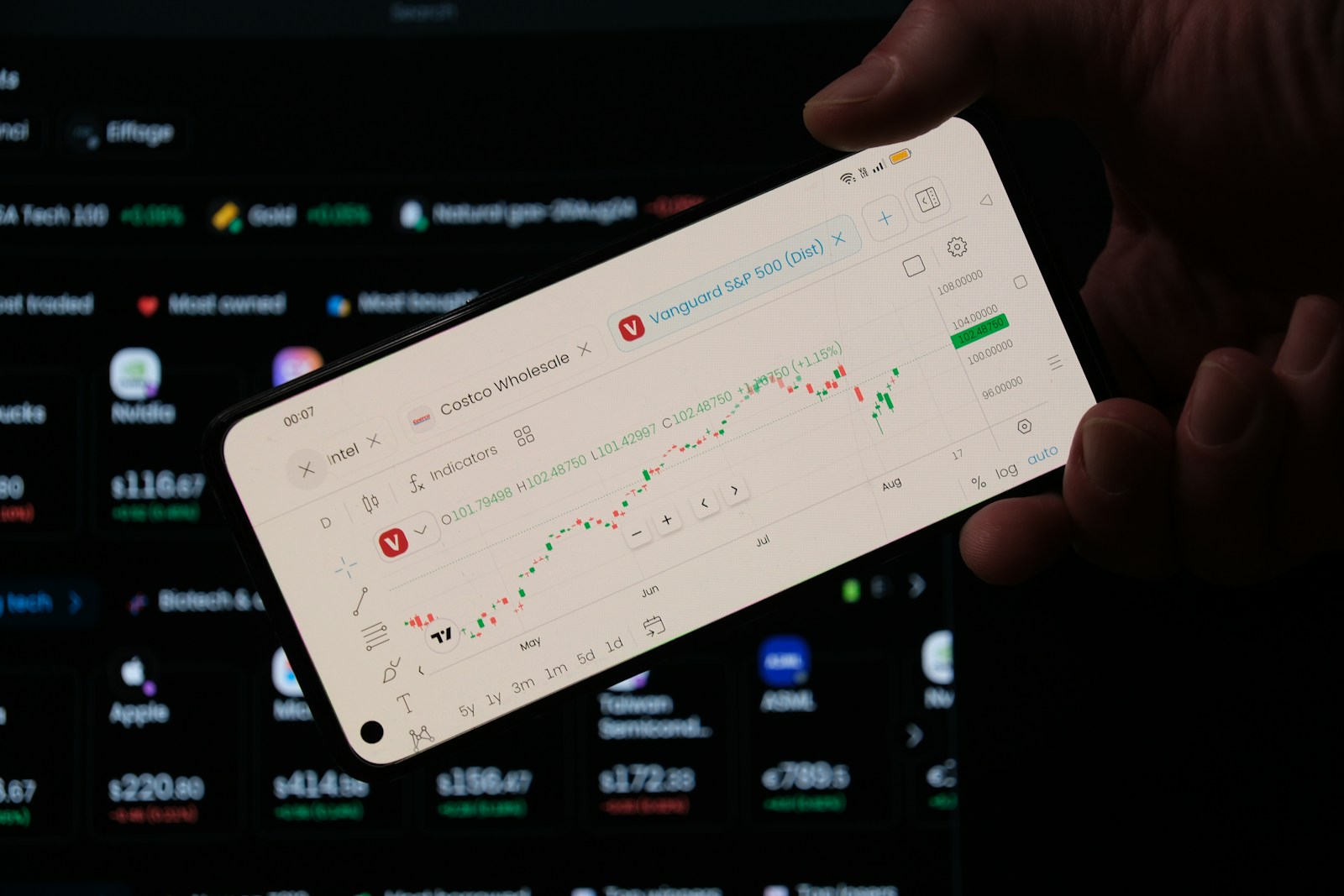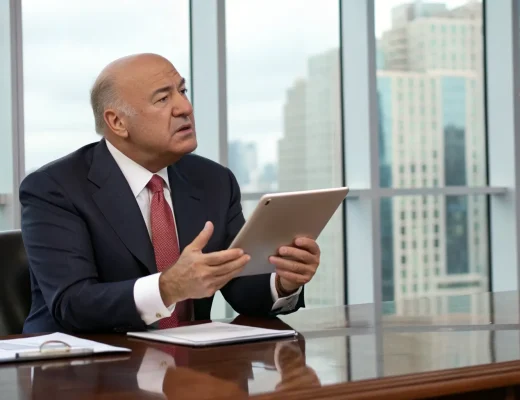Financial markets experienced significant movement following
Moody’s recent credit downgrade, prompting questions about whether investors are overreacting to the news. SlateStone Wealth chief market strategist Kenny Polcari addressed this concern during an appearance on Fox Business Network’s “Varney & Co.”
The downgrade from Moody’s, one of the major credit rating agencies, has sparked volatility across various market sectors as investors reassess risk profiles and economic outlooks. This marks a notable shift in market sentiment that could have lasting implications for investment strategies.
Understanding the Market Response
During his analysis, Polcari examined whether the
market reaction to Moody’s announcement represents a rational response to changing economic conditions or an emotional overreaction driven by investor anxiety. The downgrade reflects concerns about fiscal stability and economic management that could affect long-term investment prospects.
“What we’re seeing is a typical market response to unexpected negative news,” Polcari explained during the broadcast. “Investors tend to sell first and ask questions later when rating agencies make these kinds of announcements.”
The market strategist pointed out that credit downgrades historically trigger short-term volatility that often stabilizes as investors digest the full context of the rating change. This pattern suggests the current market movement might be more pronounced than the economic fundamentals warrant.
Economic Implications of the Downgrade
The Moody’s downgrade carries several potential consequences for the broader economy.
Higher borrowing costs for the government could eventually translate to increased interest rates across various sectors. Additionally, international investors might reconsider their positions in U.S. assets, potentially affecting currency values and trade relationships.
Polcari noted that while the downgrade is significant, it doesn’t necessarily signal immediate economic danger. This is more of a
warning sign than a crisis indicator,” he stated. The fundamentals of the
economy remain relatively strong despite the challenges that prompted the downgrade.
Key factors that influenced Moody’s decision include:
- Growing national debt levels
- Fiscal policy concerns
- Political gridlock affecting economic management
- Long-term structural challenges
Investment Strategy Adjustments
For investors wondering how to respond to the downgrade, Polcari offered measured advice. He suggested that while portfolio adjustments might be warranted, making dramatic changes solely based on the rating action could be premature.
“Smart investors will use this as an opportunity to reassess risk tolerance and portfolio diversification rather than making panic-driven decisions,” Polcari advised. He emphasized that
market corrections following such news can create buying opportunities in fundamentally sound investments.
Times of market stress often reveal which investments have true staying power versus those that were riding on market momentum alone.
The SlateStone strategist recommended investors focus on companies with strong balance sheets, consistent
cash flow, and manageable debt levels, as these businesses are better positioned to weather economic uncertainty that might follow the downgrade.
Historical Context and Precedent
This isn’t the first time a major rating agency has downgraded U.S. credit. In 2011, Standard & Poor’s lowered its rating on U.S. debt, triggering similar market reactions. Analyzing the aftermath of that event provides useful context for understanding potential outcomes of the current situation.
Following the 2011 downgrade, markets experienced several weeks of volatility before stabilizing and eventually resuming growth. Polcari referenced this historical example to suggest that patient investors who maintained their positions ultimately benefited once the initial reaction subsided.
The market strategist concluded that while the Moody’s downgrade deserves serious attention, historical patterns suggest markets may be overreacting in the short term. As economic data continues to emerge and policy responses develop, a clearer picture of the true impact will form, allowing for more informed investment decisions.







